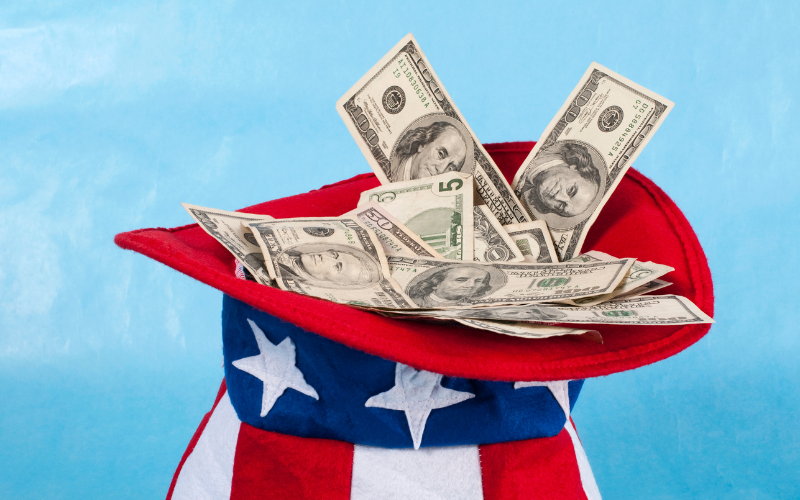Apple surprised iPhone users from 2014 and 2024 by catering the ads on their social media feeds to match the topics of their private discussions. Now a court has ruled that Siri, the tech giant's voice-controlled personal assistant, was eavesdropping and that Apple would have to pay a $95 million penalty.

But looking closely at the settlement in the lawsuit filed by California resident Fumiko Lopez, Dan Schneider of the Media Research Center (MRC) does not consider it a victory.
"You can get $20 bucks," he relays.
In short, he says the lawyers will get rich, but Apple will hardly feel a thing.
"This is literally like a quarter of a penny per dollar in annual revenues for Apple," Schneider explains. "It's nothing."
He thinks this court ruling actually sends the opposite of the intended message.
"What this settlement is really doing is pointing out how these Big Tech abusers are really insulated from ever being held accountable," the MRC spokesman submits.
However, he says some of President Trump's key appointments are starting to make a difference, specifically Gail Slater at the Department of Justice, Andrew Ferguson at the Federal Trade Commission, and Chairman Brendan Carr at the Federal Communications Commission.
"These three people are going after Big Tech on our behalf, fighting against the abuse every day," Schneider tells AFN.
Before agreeing to pay the settlement, Apple denied wrongdoing in the case, previously telling Nexstar that "Siri has been engineered to protect user privacy from the beginning."
Apple users can submit claims for up to five Siri-enabled devices they believe were unintentionally activated during a conversation meant to be confidential or private. Qualifying devices include iPhones, iPads, Apple Watches, MacBooks, iMacs, HomePods, iPod touches, and Apple TVs.
According to settlement officials, the $20 compensation is per qualifying Siri device, which means a user could receive $100 at best.
The payout could increase or decrease based on the number of valid claims, however.







